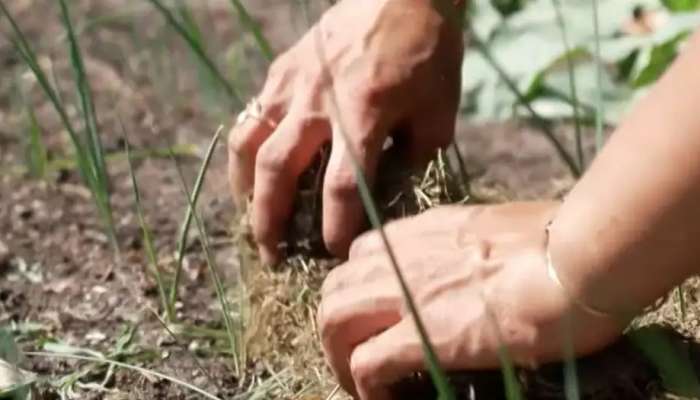
Brussels: The European Parliament has accepted a key biodiversity bill that will see the restoration of CO2-storing peatlands but has been criticised by farmers and other opposition groups due to fears they might lose land.
Testing the EU's global climate credentials, the lawmakers supported the European Commission plan in a razor-thin 324-312 vote with 12 abstentions.
After weeks of intense negotiations and despite the steadfast opposition of the legislature's biggest group, the European People's Party, the plan survived in the vote at the European Parliament in Strasbourg.
Immediately after its approval, lawmakers started voting on more than 100 amendments in a bid to adjust the plan. These amendments will be negotiated with the member states of the EU, signifying a months-long process before the final law can be approved.
The debate surrounding the law had become an important campaign issue prior to the European elections in June 2024. The makeup of the next European Parliament will influence the priorities of the next European Commission, which is currently led by Ursula von der Leyen.
The full chamber had to vote on the bill after a parliamentary commission failed to agree on a position.
What is the Nature Restoration Act?
The Nature Restoration Act was at the center of the EU's biodiversity strategy, forming part of the bloc's Green Deal approach to boost environmental protection and mitigate the effects of climate change. Degraded ecosystems could be restored by boosting forested areas and marine habitats as well as increasing connectivity between rivers.
The bill will allow for 30% of all former peatlands currently exploited for agriculture to be restored and partially shifted to other use by the end of the decade, a figure rising to 70% by 2050.
But farmers' associations said they fear the widespread loss of valuable agricultural land. Political opposition groups even claimed the bill could endanger food security in the EU.